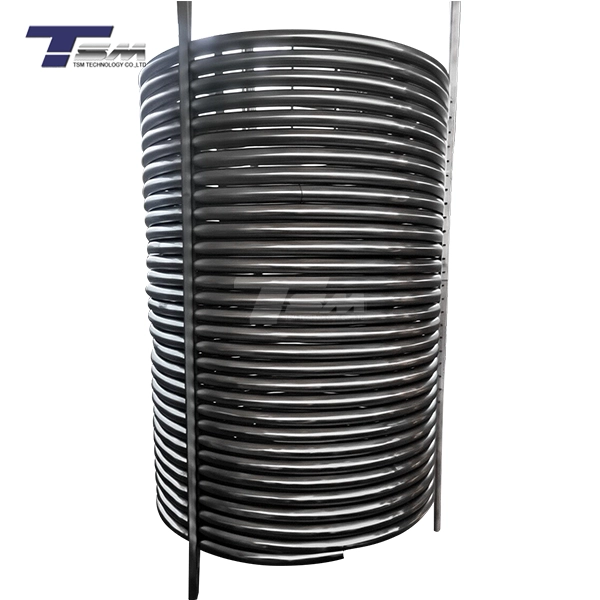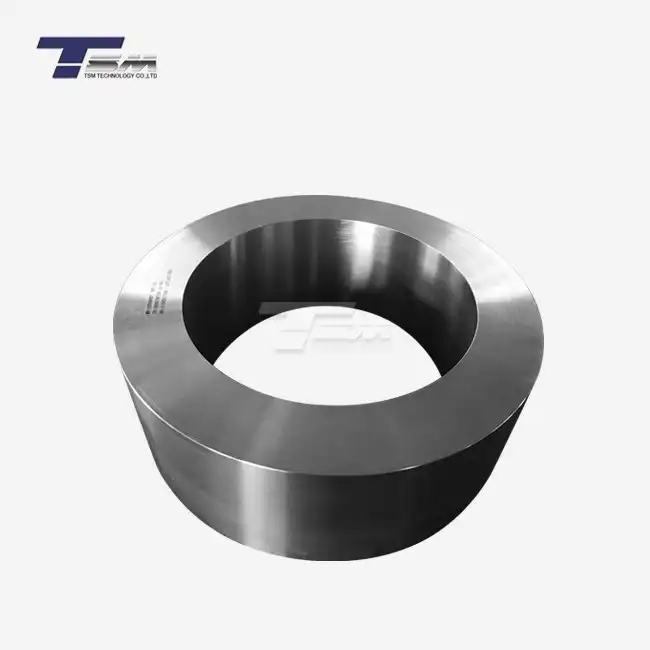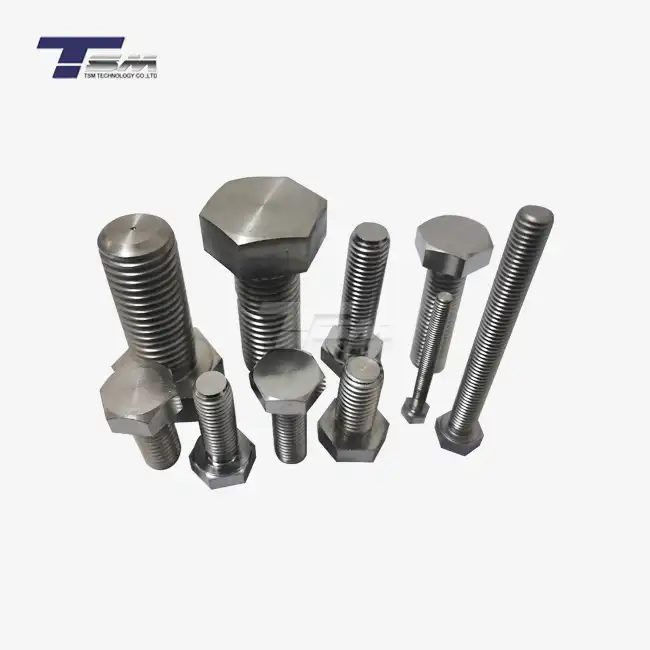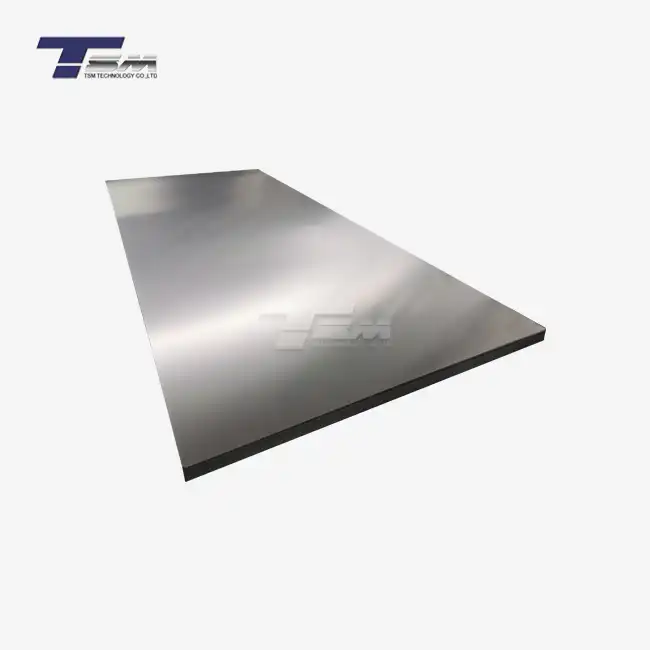- English
- French
- German
- Portuguese
- Spanish
- Russian
- Japanese
- Korean
- Arabic
- Greek
- German
- Turkish
- Italian
- Danish
- Romanian
- Indonesian
- Czech
- Afrikaans
- Swedish
- Polish
- Basque
- Catalan
- Esperanto
- Hindi
- Lao
- Albanian
- Amharic
- Armenian
- Azerbaijani
- Belarusian
- Bengali
- Bosnian
- Bulgarian
- Cebuano
- Chichewa
- Corsican
- Croatian
- Dutch
- Estonian
- Filipino
- Finnish
- Frisian
- Galician
- Georgian
- Gujarati
- Haitian
- Hausa
- Hawaiian
- Hebrew
- Hmong
- Hungarian
- Icelandic
- Igbo
- Javanese
- Kannada
- Kazakh
- Khmer
- Kurdish
- Kyrgyz
- Latin
- Latvian
- Lithuanian
- Luxembou..
- Macedonian
- Malagasy
- Malay
- Malayalam
- Maltese
- Maori
- Marathi
- Mongolian
- Burmese
- Nepali
- Norwegian
- Pashto
- Persian
- Punjabi
- Serbian
- Sesotho
- Sinhala
- Slovak
- Slovenian
- Somali
- Samoan
- Scots Gaelic
- Shona
- Sindhi
- Sundanese
- Swahili
- Tajik
- Tamil
- Telugu
- Thai
- Ukrainian
- Urdu
- Uzbek
- Vietnamese
- Welsh
- Xhosa
- Yiddish
- Yoruba
- Zulu
The Importance of Precision Grinding
Precision grinding stands as a cornerstone in modern manufacturing, playing a pivotal role in shaping superior alloys and special metals to exacting specifications. This advanced machining process is indispensable for industries requiring components with tight tolerances, impeccable surface finishes, and unparalleled dimensional accuracy. By leveraging the power of abrasive wheels and cutting-edge technology, precision grinding elevates the quality and performance of materials like Monel, Inconel, Incoloy, and Hastelloy. Its significance extends beyond mere shaping; it's about achieving the pinnacle of material refinement, ensuring that each piece meets the stringent demands of high-performance applications in aerospace, automotive, and chemical processing sectors. As we delve deeper into the world of precision grinding, we'll uncover its transformative impact on material properties, manufacturing efficiency, and the advancement of precision engineering on a global scale.
The Fundamentals of Precision Grinding
Defining Precision Grinding
Precision grinding is an advanced machining process that utilizes abrasive wheels to remove material from a workpiece with exceptional accuracy. This technique is crucial for achieving tight tolerances and superior surface finishes on components made from hard materials, including nickel alloys and special metals. The process involves carefully controlled contact between the abrasive wheel and the workpiece, with precise movements that can be adjusted to mere microns.

Types of Precision Grinding
There are several types of precision grinding techniques, each suited for specific applications:
- Surface grinding: Used for creating flat, smooth surfaces
- Cylindrical grinding: Ideal for round exterior surfaces
- Centerless grinding: Employed for long, cylindrical parts without centers
- Internal grinding: Designed for grinding interior surfaces of workpieces
Each type requires specialized equipment and expertise to execute effectively, ensuring the highest quality results for various component shapes and sizes.
Abrasive Materials in Precision Grinding
The choice of abrasive material is critical in precision grinding. Common materials include:
- Aluminum oxide: Versatile and suitable for general-purpose grinding
- Silicon carbide: Effective for grinding hard, brittle materials
- Cubic boron nitride (CBN): Ideal for high-speed grinding of hardened steels and superalloys
- Diamond: The hardest abrasive, used for grinding ceramics and carbides
Selecting the appropriate abrasive is essential for achieving optimal results when working with superior alloys like Monel, Inconel, and Hastelloy.
Advantages of Precision Grinding in Alloy Processing
Enhanced Surface Finish
One of the primary benefits of precision grinding is the ability to achieve exceptionally smooth surfaces. When working with superior alloys, this level of finish is crucial for:
- Reducing friction in moving parts
- Improving corrosion resistance
- Enhancing aesthetic appeal for visible components
The smooth surface created by precision grinding can significantly extend the lifespan of parts made from Incoloy, Hastelloy, and other high-performance alloys.
Tight Dimensional Tolerances
Precision grinding excels in producing components with extremely tight tolerances, often measured in microns. This level of accuracy is indispensable for:
- Ensuring proper fit in complex assemblies
- Maintaining consistent performance in critical applications
- Meeting stringent industry standards and specifications
For industries relying on superior nickel alloys, such as aerospace and chemical processing, these tight tolerances can mean the difference between success and failure.
Material Property Enhancement
The precision grinding process can actually improve certain material properties of alloys:
- Increased hardness due to work hardening
- Enhanced fatigue resistance through compressive residual stresses
- Improved microstructure uniformity
These enhancements are particularly beneficial for alloys like Monel and Inconel, which are often used in demanding environments where material performance is critical.
Applications and Industries Benefiting from Precision Grinding
Aerospace and Aviation
The aerospace industry relies heavily on precision-ground components made from superior alloys:
- Turbine blades and vanes crafted from Inconel for optimal heat resistance
- Precision-ground landing gear components using high-strength nickel alloys
- Fuel system parts requiring the corrosion resistance of Hastelloy
Precision grinding ensures these critical components meet the exacting standards required for flight safety and performance.
Chemical and Petrochemical Processing
In the chemical industry, precision-ground alloy components are essential for:
- Pump impellers made from Incoloy to withstand corrosive fluids
- Valve seats requiring the exceptional wear resistance of Stellite
- Heat exchanger tubes precision-ground from Monel for optimal thermal transfer
The accuracy achieved through precision grinding contributes to the efficiency and safety of chemical processing operations.
Medical and Pharmaceutical Equipment
The medical field benefits from precision-ground alloy components in various ways:
- Surgical instruments crafted from high-grade stainless steel for durability and precision
- Implant components requiring biocompatible alloys with exact dimensions
- Pharmaceutical processing equipment made from corrosion-resistant nickel alloys
Precision grinding ensures these medical devices and equipment meet the stringent requirements for patient safety and regulatory compliance.
Conclusion
The importance of precision grinding in the realm of superior alloys and special metals cannot be overstated. This advanced machining process is the key to unlocking the full potential of materials like Monel, Inconel, Incoloy, and Hastelloy. By achieving unparalleled surface finishes, tight tolerances, and enhanced material properties, precision grinding enables the creation of components that meet the most demanding specifications across various industries. As technology continues to advance, the role of precision grinding in shaping the future of manufacturing and engineering will only grow more significant. For businesses seeking to stay at the forefront of precision engineering, embracing the capabilities of precision grinding is not just an option - it's a necessity for success in today's competitive global market.
Contact Us
Ready to elevate your precision engineering capabilities with superior alloys? Contact TSM TECHNOLOGY today for expert guidance and high-quality materials that meet your exacting standards. Reach out to us at info@tsmnialloy.com and take the first step towards precision perfection.
References
Malkin, S., & Guo, C. (2008). Grinding Technology: Theory and Application of Machining with Abrasives. Industrial Press.
Klocke, F. (2009). Manufacturing Processes 2: Grinding, Honing, Lapping. Springer Science & Business Media.
Marinescu, I. D., Rowe, W. B., Dimitrov, B., & Inasaki, I. (2004). Tribology of Abrasive Machining Processes. William Andrew.
Totten, G. E. (Ed.). (2006). Handbook of Lubrication and Tribology: Volume I Application and Maintenance. CRC Press.
Davim, J. P. (Ed.). (2011). Machining of Hard Materials. Springer Science & Business Media.
Jackson, M. J., & Davim, J. P. (Eds.). (2011). Machining with Abrasives. Springer Science & Business Media.
Learn about our latest products and discounts through SMS or email



